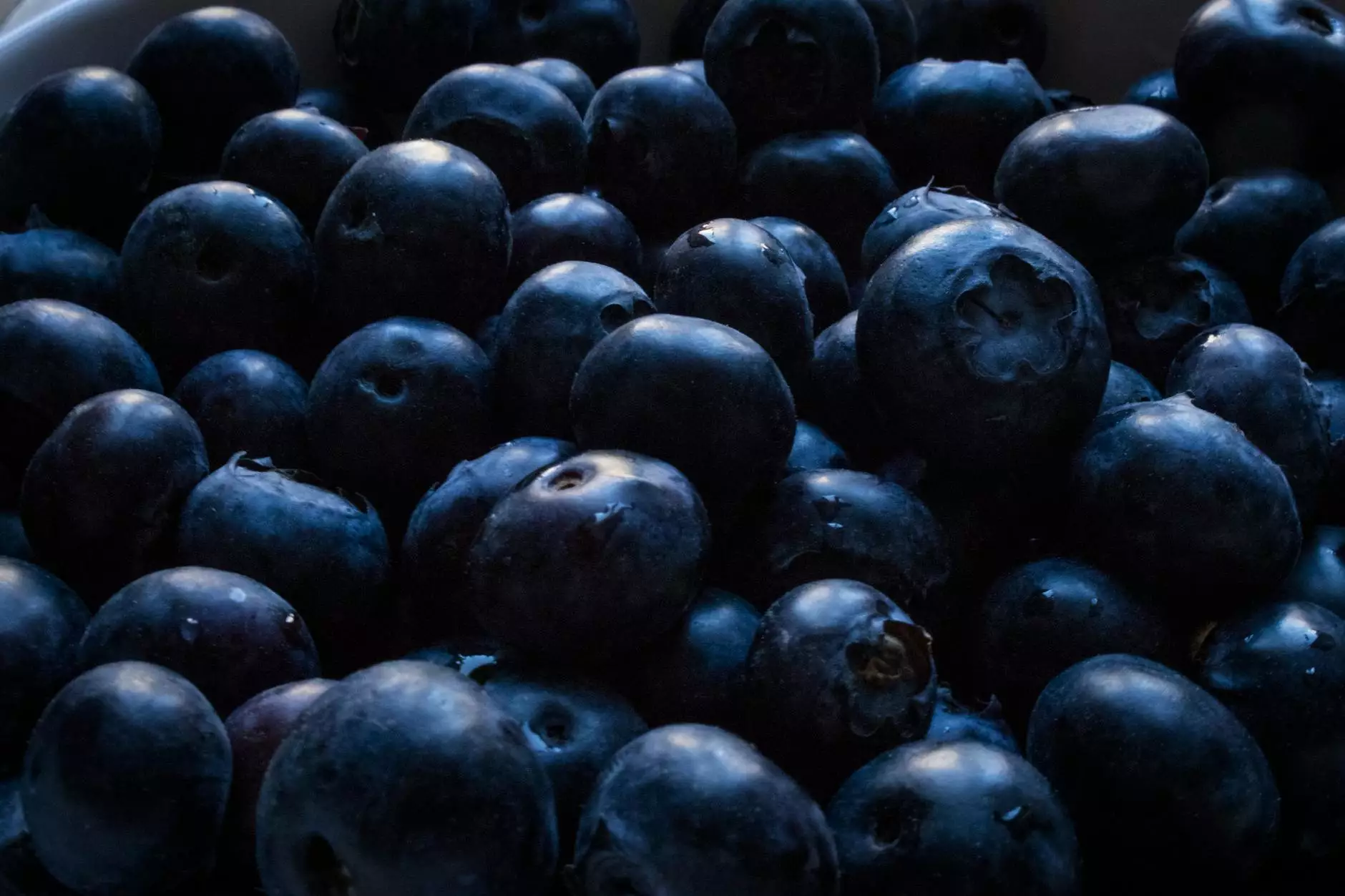Foods That Fight Inflammation: A Comprehensive Guide

In recent years, there has been a growing recognition of the role of inflammation in various health conditions, including heart disease, arthritis, and autoimmune disorders. Understanding foods that fight inflammation can significantly improve your overall health and wellbeing. In this article, we will delve into the science behind inflammation, explore its causes and effects, and importantly, examine the foods you can incorporate into your diet to combat this issue.
Understanding Inflammation
Inflammation is a natural response by the body to injury or infection. It is a crucial part of the immune system, helping to heal tissues and fend off pathogens. However, when inflammation becomes chronic, it can lead to various health problems. Chronic inflammation may be triggered by a range of factors including environmental toxins, poor diet, and stress.
Types of Inflammation
- Acute Inflammation: This is a short-term response to injury or infection and is usually beneficial.
- Chronic Inflammation: This long-term inflammation can be damaging and is associated with many diseases.
Causes of Inflammation
Several factors can contribute to chronic inflammation, such as:
- Poor Diet: A diet high in processed foods, sugar, and unhealthy fats can trigger inflammation.
- Lack of Exercise: Sedentary lifestyles are linked to increased inflammation.
- Environmental Factors: Pollution and exposure to toxins can contribute to inflammatory responses.
- Stress: Chronic stress can exacerbate inflammation in the body.
- Genetics: Some individuals may be genetically predisposed to inflammatory diseases.
The Role of Diet in Inflammation
A well-balanced diet rich in anti-inflammatory foods can significantly reduce inflammation levels in the body. This can improve overall health and help prevent chronic diseases. Below, we will explore some of the most effective foods that fight inflammation.
Top Foods That Fight Inflammation
1. Fatty Fish
Fatty fish such as salmon, mackerel, sardines, and tuna are rich in omega-3 fatty acids. These essential fats are known for their anti-inflammatory properties. Regular consumption of fatty fish has been linked to reduced markers of inflammation in the body.
2. Leafy Greens
Vegetables like kale, spinach, and Swiss chard are packed with antioxidants and vitamins. They are a great choice for fighting inflammation due to their high content of vitamins A, C, and K, which can help regulate the immune response.
3. Berries
Berries such as strawberries, blueberries, and raspberries are loaded with antioxidants, particularly flavonoids, which have been shown to reduce inflammation. A study found that individuals who consumed more berries had lower levels of inflammatory markers.
4. Nuts
Nuts like walnuts and almonds contain healthy fats and antioxidants. Regular nut consumption has been linked to lower levels of inflammation and improved heart health. Nuts are also a great source of protein and fiber.
5. Olive Oil
Extra virgin olive oil is a staple in the Mediterranean diet and is well-known for its health benefits. It contains oleocanthal, a compound that has been shown to work similarly to non-steroidal anti-inflammatory drugs in reducing inflammation.
6. Turmeric
Turmeric is a powerful spice that contains curcumin, a compound known for its strong anti-inflammatory effects. Incorporating turmeric into your meals can help combat inflammation effectively.
7. Green Tea
Green tea is rich in antioxidants, particularly epigallocatechin gallate (EGCG), which has been shown to reduce inflammation and slow down the process of inflammation-related diseases. Drinking green tea regularly can be a beneficial addition to your diet.
8. Whole Grains
Whole grains like oats, brown rice, and quinoa are high in fiber and nutrients, promoting a healthy gut and reducing inflammation. The fiber in whole grains helps to lower levels of C-reactive protein (CRP), a marker of inflammation.
9. Garlic
Garlic is known not only for its unique flavor but also for its health benefits. It contains compounds that stimulate the immune system and reduce the risk of chronic diseases by lowering inflammatory responses in the body.
10. Tomatoes
Tomatoes are an excellent source of vitamin C and lycopene, an antioxidant with anti-inflammatory properties. Cooking tomatoes enhances their lycopene content, making tomato-based sauces a great addition to your diet.
Creating an Anti-Inflammatory Diet
When designing your diet for inflammation reduction, consider incorporating a variety of the foods mentioned above. Here are some tips for creating an effective anti-inflammatory diet:
- Variety is Key: Include a wide variety of colorful fruits and vegetables to ensure a broad spectrum of nutrients.
- Prioritize Whole Foods: Focus on whole, minimally processed foods that nourish the body.
- Stay Hydrated: Drink plenty of water and consider herbal teas that have anti-inflammatory properties.
- Limit Processed Foods: Reduce your intake of processed and sugary foods that can trigger inflammation.
- Monitor Portion Sizes: Maintaining a healthy weight is crucial, as excess weight can lead to increased inflammation.
Additional Lifestyle Factors to Combat Inflammation
In addition to dietary choices, several lifestyle factors can contribute to reducing inflammation:
1. Regular Exercise
Engaging in regular physical activity helps lower inflammation and improves overall health. Aim for at least 150 minutes of moderate exercise per week, such as brisk walking or cycling.
2. Adequate Sleep
Quality sleep is essential for overall health and can significantly impact inflammation levels. Aim for 7-9 hours of restful sleep each night.
3. Stress Management
Chronic stress can exacerbate inflammation. Incorporating relaxation techniques such as yoga, meditation, and deep-breathing exercises can help manage stress levels effectively.
4. Avoid Smoking and Limit Alcohol
Smoking and excessive alcohol consumption can lead to increased inflammation. Reducing or eliminating these habits can have a profound impact on your inflammatory response.
Conclusion
Understanding the foods that fight inflammation and adopting an anti-inflammatory diet can play a crucial role in maintaining health and preventing diseases. By incorporating a variety of nutrient-rich foods, engaging in a healthy lifestyle, and managing stress, you can effectively combat inflammation and enhance your overall wellbeing.
It’s important to remember that everyone’s body is different, and what works for one person may not work for another. Therefore, it may be beneficial to consult with a healthcare professional or a registered dietitian when making significant changes to your diet or lifestyle.
By arming yourself with knowledge about anti-inflammatory foods and lifestyle choices, you can take proactive steps towards a healthier, more vibrant life.









